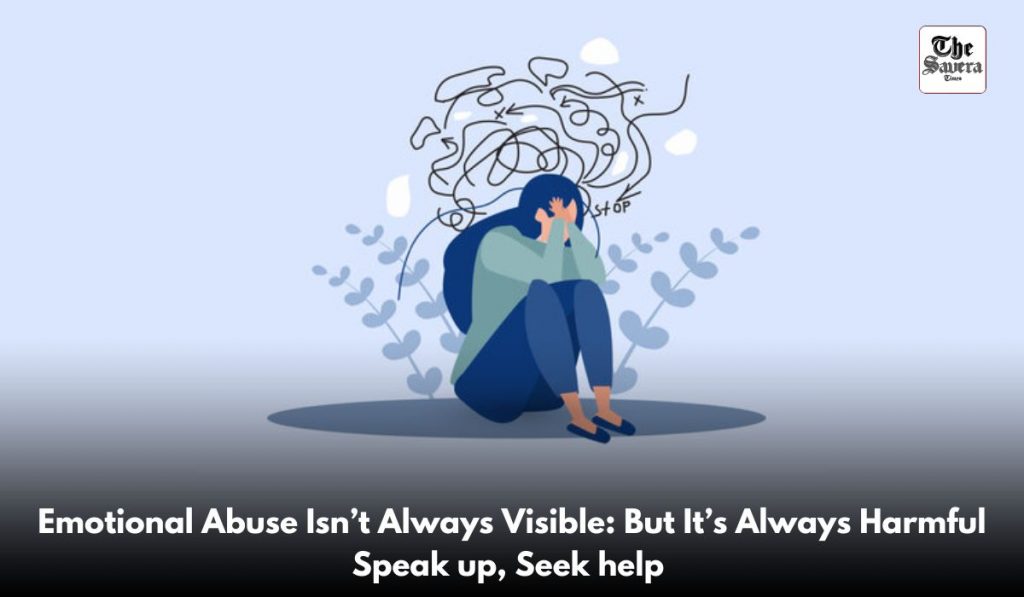Emotional abuse is behaviour or conduct that harms a person’s feelings, self-esteem, and mood. It is usually intended to control, intimidate, or put someone down.
People who use emotional abuse aim to manipulate or control another person. Emotional abuse is also known as psychological abuse or maltreatment.
Sometimes, emotional abuse happens together with another type of abuse, such as physical abuse or sexual abuse.
If you are being emotionally abused, it’s not your fault.
It doesn’t matter who is doing the abuse — it’s always wrong, and is never deserved.
How can you recognise signs of emotional abuse?
There are many different types of emotional abuse. If you are being emotionally abused by someone, such as a partner or family member, you may notice that they:
- verbally abuse you: such as screaming, swearing or insulting you
- isolate you: limiting where you go, what you do and who you meet
- use financial abuse: controlling or taking your money or belongings
- humiliate you: trying to make people think badly of you, embarrassing, scaring or blaming you in public
- bully you: deliberately doing or saying things to hurt you and make you feel bad or not enough
- use coercive control: threatening, isolating, and manipulating you
- gaslight you: lying to make you doubt your own thoughts
Emotional abuse of a child may include:
- not showing them love or responding to their needs
- insulting, criticising or blaming the child
- expecting the child to do things they are not capable of doing
- exposing them to domestic violence
- stopping them from learning or socialising with others
- involving them in harmful activities, such as drug abuse or crime
There are several support services, counseling and helpline numbers available for people suffering from emotional abuse in India. These services protect your privacy and guide you to the right help.
Emotional Abuse Treatment / Support in India:
1.Therapy or Counseling: Talking to a mental health professional (such as a psychologist or psychiatrist) can help you understand and cope with your emotional trauma.
2.Support Groups: Talking to other victims can be helpful.
Other steps you can take:
• Keep a written record of your situation
• Talk to a trusted friend or family member
• You can also seek legal help if needed (Protection of Women from Domestic Violence Act, 2005)
